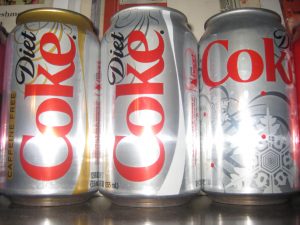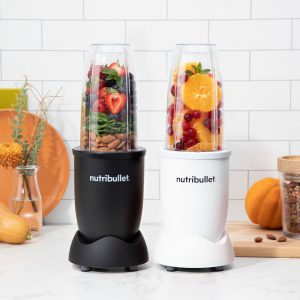One of the world’s most common artificial sweeteners is poised to face potential condemnation as a likely carcinogen next month, as indicated by insiders familiar with the matter. Aspartame, widely present in numerous consumables such as Coca-Cola diet sodas, Mars’ Extra chewing gum, and certain Snapple beverages, will be included in the International Agency for Research on Cancer’s (IARC) July classification as “possibly carcinogenic to humans,” sources informed Reuters.
Given this development, individuals are becoming increasingly curious about the foods and beverages that incorporate artificial sweeteners. These additives provide sweetness without the calories of sugar, making them attractive options for those watching their weight or managing diabetes. However, concerns have arisen regarding their safety and potential health risks.
Also read | 5 foods and drinks containing Aspartame sweetener apart from Diet Coke
- Diet sodas: A prominent source of artificial sweeteners, diet sodas replace sugar with sweeteners like aspartame or sucralose to provide a sugar-free alternative.
- Chewing gum: Several chewing gum brands, including the popular Mars’ Extra, utilize artificial sweeteners to enhance the flavor without contributing to tooth decay or caloric intake.
- Flavored yogurt: Some varieties of flavored yogurts feature artificial sweeteners, allowing for a sweet taste without the added sugar content.
- Packaged desserts: Certain packaged desserts, such as sugar-free cookies or cakes, incorporate artificial sweeteners as a substitute for sugar while still offering a sweet treat.
- Fruit juices and drinks: Some fruit juices and beverages marketed as low-calorie or sugar-free may contain artificial sweeteners, enabling consumers to enjoy a sweet beverage without the high sugar content.
As concerns regarding the potential carcinogenicity of aspartame loom, the food industry and regulators find themselves in a delicate situation. Balancing the desire to provide low-calorie alternatives with ensuring consumer safety poses a significant challenge. The WHO’s IARC classification will shed light on the possible risks associated with aspartame, raising questions about the safety of other artificial sweeteners commonly found in everyday food and drink products.
Consumers should stay informed and consider alternative options when seeking low-calorie or sugar-free alternatives. Reading product labels and understanding the ingredients can aid individuals in making informed choices about their dietary preferences. As the debate surrounding artificial sweeteners continues, maintaining a balanced and varied diet remains key, with moderation being crucial for overall health and well-being.







